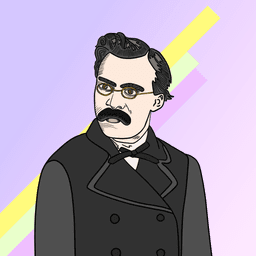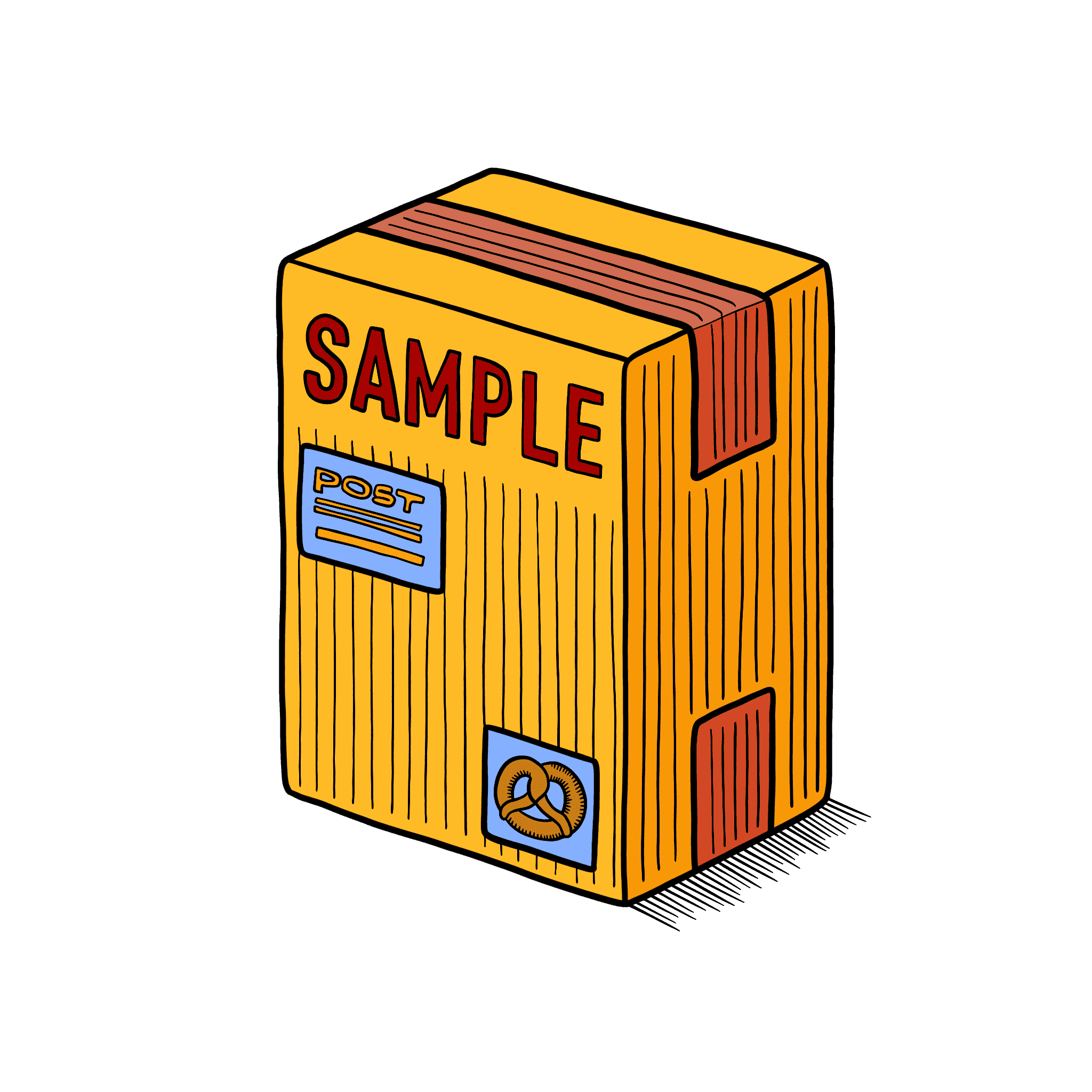German Verb Conjugation
Learn how to conjugate German verbs in different tenses, including present, past, and future. We'll cover regular, irregular, modal & reflexive verbs.
Verb conjugation in German involves changing a verb’s form based on tense, person, and number. Regular and irregular verbs follow different conjugation patterns, and modal, auxiliary, and reflexive verbs have additional rules.
This guide explains the fundamental conjugation patterns for regular, irregular, and modal verbs across different tenses.
Present Tense Conjugation (Präsens)
Regular Verb Conjugation (schwache Verben)
Most German verbs follow a regular conjugation pattern by adding specific endings to the verb stem.
Example: "lernen" (to learn)
| Person | Singular | Plural |
|---|---|---|
| 1st | ich lerne | wir lernen |
| 2nd | du lernst | ihr lernt |
| 3rd | er/sie/es lernt | sie/Sie lernen |
Irregular Verb Conjugation (starke Verben)
Irregular verbs change their stem vowel in the 2nd-person and 3rd-person singular forms.
Example: "sprechen" (to speak)
| Person | Singular | Plural |
|---|---|---|
| 1st | ich spreche | wir sprechen |
| 2nd | du sprichst | ihr sprecht |
| 3rd | er/sie/es spricht | sie/Sie sprechen |
Other common irregular verbs:
- sehen → du siehst, er sieht (to see)
- geben → du gibst, er gibt (to give)
- nehmen → du nimmst, er nimmt (to take)
Past Tense Conjugation (Präteritum & Perfekt)
Simple Past (Präteritum)
The simple past is commonly used in written language and follows different patterns for regular and irregular verbs.
Regular Verbs
Regular verbs take -te endings.
Example: "lernen" (to learn)
| Person | Singular | Plural |
|---|---|---|
| 1st | ich lernte | wir lernten |
| 2nd | du lerntest | ihr lerntet |
| 3rd | er/sie/es lernte | sie/Sie lernten |
Irregular Verbs
Irregular verbs change their stem vowel and take different endings.
Example: "sprechen" (to speak)
| Person | Singular | Plural |
|---|---|---|
| 1st | ich sprach | wir sprachen |
| 2nd | du sprachst | ihr spracht |
| 3rd | er/sie/es sprach | sie/Sie sprachen |
Present Perfect (Perfekt)
The present perfect is used in spoken German and is formed with haben/sein + past participle.
Structure: haben/sein + ge- + verb stem + -t/-en
Examples:
- Ich habe gelernt. (I have learned.)
- Er hat gesprochen. (He has spoken.)
- Sie ist gekommen. (She has come.)
Verbs that take sein as an auxiliary verb include those indicating movement or change of state:
- gehen (ist gegangen)
- kommen (ist gekommen)
- fahren (ist gefahren)
Future Tense (Futur I)
The future tense is formed using werden + infinitive.
Example: "lernen" (to learn)
- Ich werde lernen. (I will learn.)
- Er wird sprechen. (He will speak.)
Modal Verbs (Modalverben)
Modal verbs modify the meaning of the main verb and have irregular conjugations.
Example: "können" (can, to be able to)
| Person | Singular | Plural |
|---|---|---|
| 1st | ich kann | wir können |
| 2nd | du kannst | ihr könnt |
| 3rd | er/sie/es kann | sie/Sie können |
Other modal verbs:
- müssen (must) → du musst, er muss
- dürfen (may) → du darfst, er darf
- wollen (want) → du willst, er will
In compound sentences, the modal verb stays in second position, and the main verb moves to the end in the infinitive:
- Ich kann Deutsch sprechen. (I can speak German.)
Reflexive Verbs (Reflexive Verben)
Reflexive verbs require a reflexive pronoun that agrees with the subject.
Example: "sich waschen" (to wash oneself)
| Person | Conjugation |
|---|---|
| Ich | wasche mich. |
| Du | wäschst dich. |
| Er/sie/es | wäscht sich. |
| Wir | waschen uns. |
| Ihr | wascht euch. |
| Sie/sie | waschen sich. |
Key Takeaways
- Regular verbs follow predictable patterns, while irregular verbs change their stems.
- Simple past (Präteritum) is common in writing, while present perfect (Perfekt) is used in speech.
- Future tense (Futur I) is formed with werden + infinitive.
- Modal verbs modify meaning and require an infinitive at the end of the sentence.
- Reflexive verbs require reflexive pronouns.
Mastering these conjugation rules will help you form grammatically correct German sentences in any tense.



